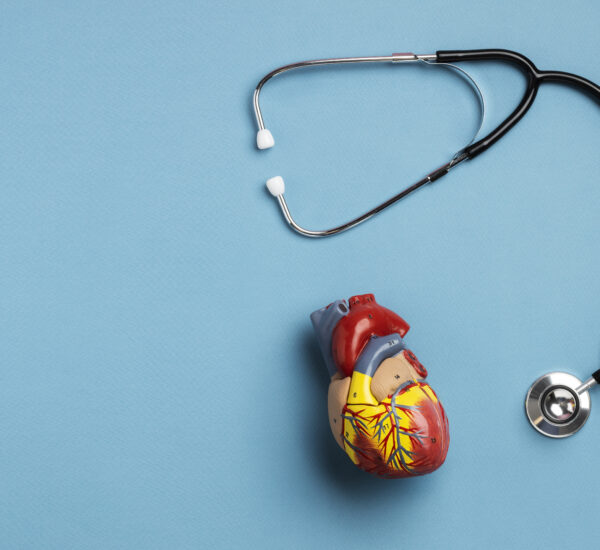Contributed by – Healthians Team
Chest Pain… the thought of which gives goose bumps!
The reason everyone is scared of the word chest pain is that they relate it either to a heart attack, creating an alarming situation for them.
However the surprising fact is, all chest pains are not related to heart diseases. There are plenty of other diseases and conditions that can lead to a chest pain. Let’s have a look at some of the common causes of chest pain:
Gastroesophageal Reflux Disease (GRD)
GRD or acid reflux is the most common cause of non-cardiac chest pain. GRD is a chronic digestive disorder which is caused by the back flow or reflux, of the stomach contents into the oesophagus. This leads to an irritation sensation, especially after meals and causes a chest pain accompanied with heartburn or regurgitation. Therefore, it is not very uncommon for a patient to be referred to a gastroenterologist.
Pulled chest muscle
Hitting the gym frequently or lifting weights or moving heavy objects, pushing or pulling furniture, and even attempting twisted yoga postures, can strain the chest wall muscles. The strained muscled can cause a pressure or discomfort on the chest muscles, which can be confused for a heart pain. By massaging or applying topical treatments can provide relief from pain.
Depression and anxiety
Depression and anxiety can result in the feeling of chest pain. This pain is not associated with the chest pain, but is mostly confused with a chest pain.
Asthma
This a perfect example of a case of mistaken identity! Asthma is characterised by chest tightness, along with coughing, wheezing, and struggling to catch your breath. The chest pain caused by asthma is often mistaken as heart attack and it can be triggered by many different things, from dust and pet hair to certain things in food or physical activity. Take your medications properly to ward off this discomfort.
Costochondritis
It is an inflammation of the cartilage that connects a rib to the breastbone; this mostly causes a chest pain. This can be caused due to various reasons ranging from viral infections to chest injuries. The patient feels a type of pressure on their chest wall, which is similar to a strained muscle and the area feels tender on pressing. The pain typically goes away in few days or weeks.
Panic Attack
Panic attack mostly feels like a heart attack. While experiencing a panic attack people mostly feel they are going to die as they have chest pain along with the feeling of a pounding heart, sweating, shaking, nausea and dizziness. Panic attack tends to start up suddenly with no warning signs.
Pericarditis
Individuals who have been suffering from a viral infection from a long time, may suddenly experience a sharp, stabbing pain in the chest. This is because they are high chances of suffering from Pericarditis, an inflammation in the layers of tissues that surround the heart.
Pancreatitis
Acute pancreatitis is the sudden inflammation of the pancreas. This intense abdominal pain can radiate up to the chest and can cause the feeling of chest pain. This pain is most commonly a deep seated, intense pain which should not be ignored.
Breast Cyst
Breast pain can also be muddled with a cardiac related chest pain. When the levels of estrogen and progesterone fluctuate during a woman’s menstrual cycle, it may lead to the formation of breast cysts. These cysts may result in periodic chest pain.
Heart attacks are typically accompanied by chest pain that originates in the centre of the chest and then radiates to other parts of the body such as the shoulders, neck, back and stomach. It is important to get the correct diagnosis done for both the cardiac pain and the non-cardiac chest pain.
If you are suffering from chest pain and you are not 100% sure what is it, the best decision to take is visit a doctor!





very well explain and cover all topics. thanks for sharing such knowledge with us. Chest pain or discomfort in the chest is one of the most common and major symptoms of a heart attack for old age people
Very nice information
very well explained